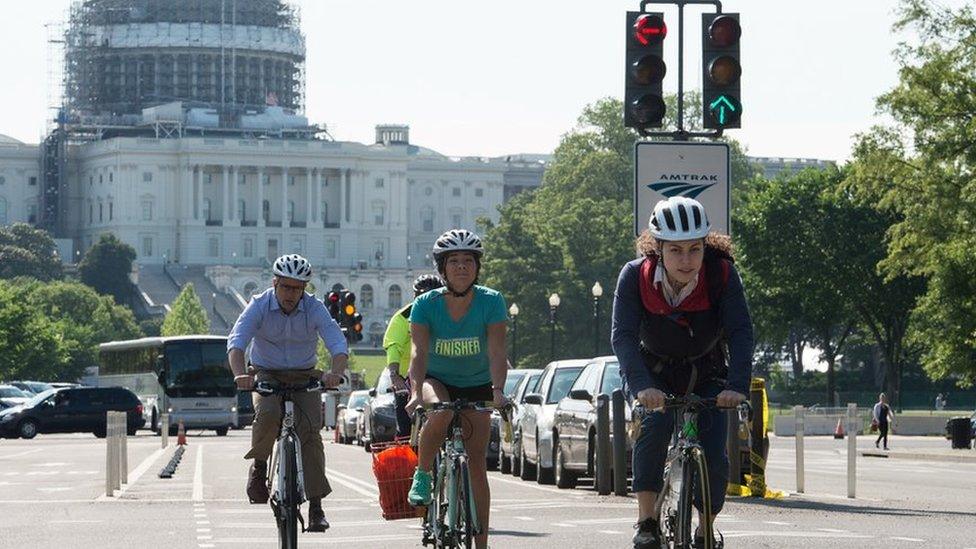Big business beyond the beach holiday
- Published
Oregon online firm combines love of outdoors and entrepreneurship
Tourism is one of the world's largest industries - worth around $7.2tn a year to the global economy. But if your idea of hell is joining the crowds on a sun-drenched beach, you're not alone.
Adventure travel is one of the industry's fastest growing segments, almost tripling in economic value in the last five years. It's now worth around $263bn globally.
Focusing on physical activity and often involving interaction with the environment and cultural exchange, adventure travel includes "soft" pursuits such as canoeing and hiking, and "hard" activities such as rock climbing and trekking.
And it's changing the way many retailers do business.
"Fifteen years ago people were acquiring things. Now the focus is on acquiring experiences," says Wes Allen, president of the Grassroots Outdoor Alliance, a group of 62 independently-owned outdoor speciality shops across the US.
Retailers who previously focused on selling top brands now find themselves catering to customers who want to express their outdoor independence. Instead of fashion, customers are looking for products and clothes made from technical fabrics that will help them attain the experience they seek.
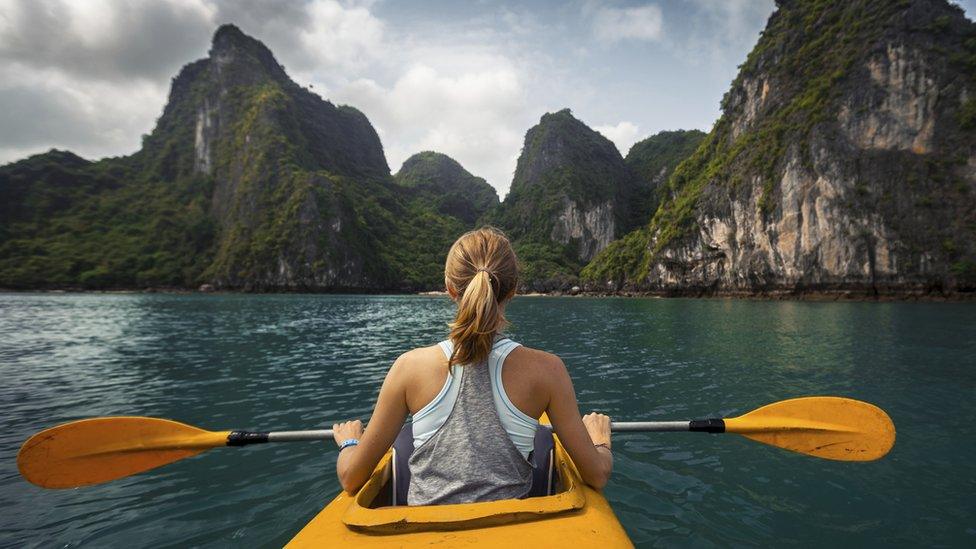
"At the end of the day you may sell many of the items you sold before - but you're selling them for different reasons," says Allen.
Social media and changing demographics are driving the trend in adventure travel, says Kristin Lamoureux, associate dean at New York University's Tisch Center for Hospitality and Tourism.
"Millennials need to have experiences that are meaningful. They want to get closer to the natural environment, to the social environment, and they want to have an authentic experience. Can you wake up in the morning and look out of the window and know where you are? Is there a sense of place? Whether it's breaking bread with a local or climbing up a mountain, adventure travel fits that need very well," she says.

More business stories

"And people aren't just taking trips - they're showcasing what they're doing on social media," Lamoureux adds.
"Think about the Facebook, Snapchat and Instagram opportunities when you're hiking in the Rockies versus lying on a beach. There's just a lot more to brag about."
A popular hashtag on Instagram for instance, is #vanlife which features more than 650,000 images of the lifestyle associated with campervan vacations. As a result, hammocks have become a hot seller, says Wes Allen.
For retailers like North Carolina and Virginia-based Great Outdoor Provision, being part of the experience has become an important marketing strategy.
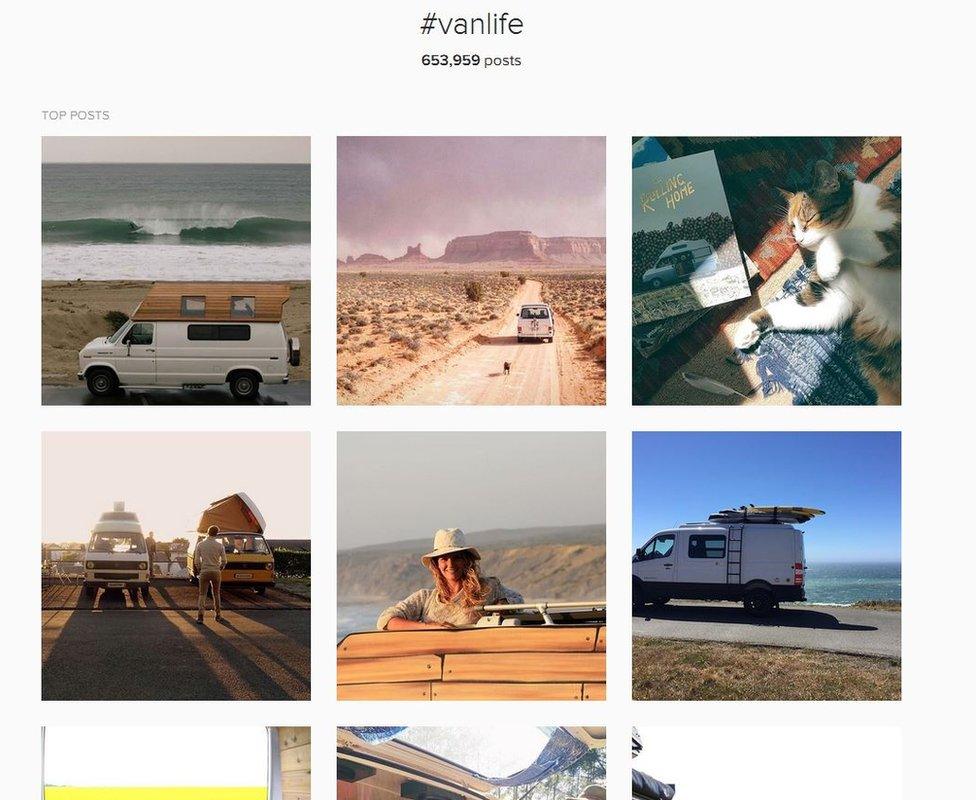
Two years ago the company launched its GetHiking! program and was amazed by the response. More than 3,000 people are now part of online meet-up groups which are complimented by newsletters and in-store gatherings.
"We give a preview of the hike and talk about some of the gear that will make the experience all the more enjoyable," says co-owner and company president Chuck Millsaps. "It raises visibility."
He says they don't have data to prove an increase in sales. "But the anecdotal evidence is strong enough to suggest that sales are up in areas where we spend energy engaging with our customers to get them outside."
Engaging with customers also helps the company compete with online retailers. Millsaps says his staff have their own passion for the outdoors and try to pass that on to consumers.
"It feeds off itself," he says. "The homerun in this business is to get people who will pay full price. The holy grail is when they tell other people they paid full price but it was worth it because [the store] added so much value to their experience."
Great Outdoor Provision doesn't sell products online, but Millsaps says the company has a robust online presence with a website offering information and ideas for trips. Studies show that adventure travellers are far more likely to research vacations online and consult friends and family than to use travel agents.
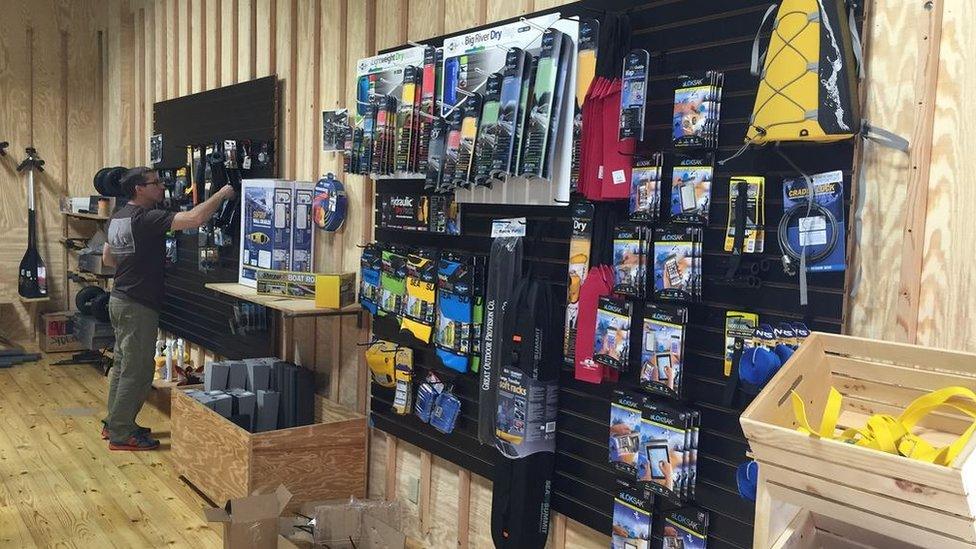
Inside a Great Outdoor Provision store
Other companies are also tapping into the digital market. The Clymb is a Portland-based website offering exclusive deals on gear, clothing and adventure travel around the world. It was founded in 2009 with backing from Oregon Angel Fund investors and is now privately owned with 40 employees.
"It's not just about the stuff, it's what you do with it," says Luis Vargas, The Clymb president and chief brand officer.
And increasingly for adventure travellers that also means leaving a light footprint.
"Millennials want to make sure they're not hurting the places they visit," says Lamoureux. "But it's not just millennials. In the western world at least, we're seeing people uncomfortable with the tourist-local dichotomy where tourists parachute in, spend a couple of days and then leave."
But the growth in adventure travel owes something to baby boomers too. The notion of an authentic and personal experience began with the older generation seeking to give back while on vacation.
"Ten years ago, when we started talking about volunteer tourism, the baby boomers were one of the largest participating groups," says Lamoureux. "That is the precursor to trends like adventure travel."
It doesn't take much to transform even an indolent beach holiday. Throw in a little paddle boarding or wind surfing and you too could become an adventure traveller.
- Published18 July 2016
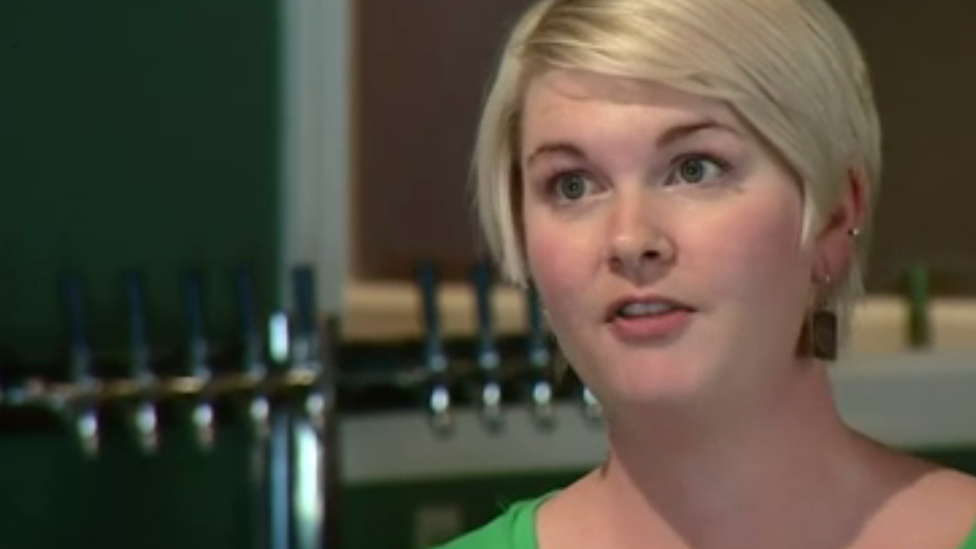
- Published14 July 2016
